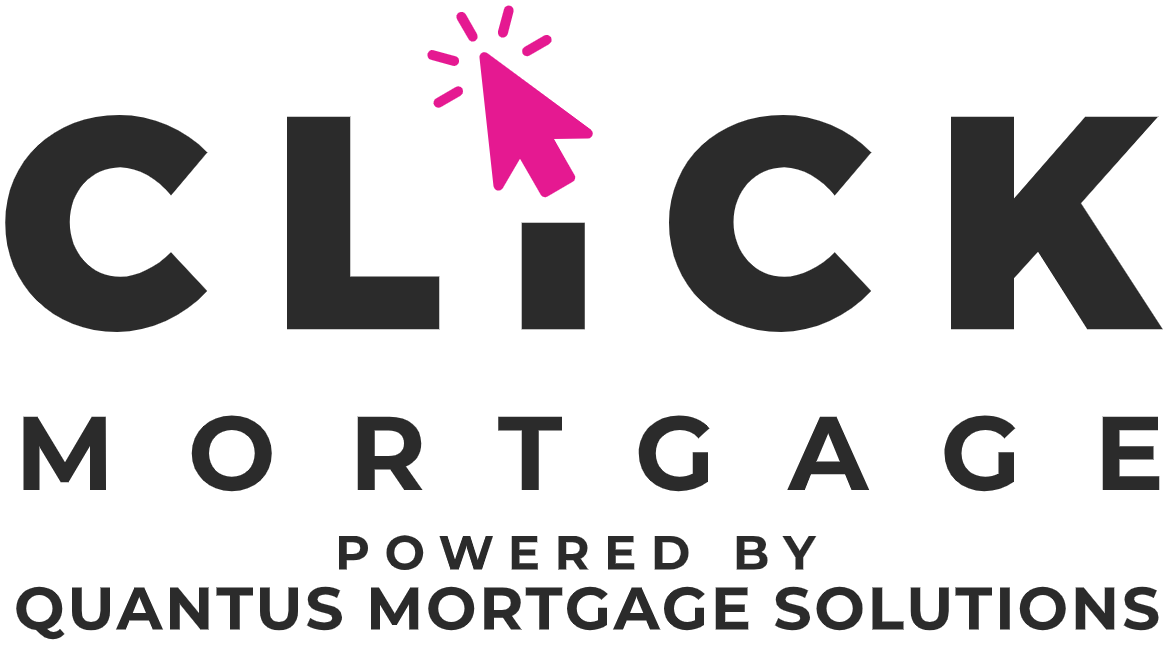10 Things to Know About Your New Neighbourhood
2 -MINUTE READ
Buying a home is kind of a big deal. Turns out that Location, Location, Location thing is too. Wherever you live now, you’ve probably already thought of some of the things on this list. Since the whole buying a home thing is a pretty big task, it doesn’t hurt to have a refresher.
1. What are the neighbours like?
Take time to get a feel for the locals and how you might fit in. Does the area attract empty-nesters and retirees, for example, or is it characterized by young families? A real estate professional can help inform you about demographic trends.
2. Does it fit your lifestyle?
Your homebuying checklist may include amenities that are must-haves for your lifestyle, such as access to public transit, a strong community centre, a place of worship, or even a great dog-walking park for Fido.
3. What are the schools like?
Some schools are in such demand that parents will seek out a home in that area. Even if you don’t have young ones at home, a location in a desirable school district can give you an advantage if you decide to resell.
4. What will your commute be like?
If you drive to work, test your prospective new route in rush-hour conditions. Add up any additional costs you might incur for fuel, parking, or public transit.
5. Is there commercial activity nearby?
Shops and recreational facilities can help an area thrive economically and may add to a neighbourhood’s attractiveness. On the other hand, consider if traffic levels or noise will be an issue.
6. Is there a homeowner’s association?
Condo or neighbourhood associations can bring people together, instill a sense of belonging, and advance the needs of the community. Many have their own volunteer-run websites, so search the Internet or inquire at city hall.
7. Is the neighbourhood new?
Don’t judge a new development solely by the plans. If you can, go to the building site to see where things will be in relation to a lot or building, such as street lighting, fire hydrants, transformers, driveways, or intersections. Find out where schools, retail space, or other amenities are planned.
8. How is an older neighborhood showing its age?
Consider the area’s infrastructure, from roads to utilities to schools and other public facilities. Are improvements part of a city or town’s long-term plan?
9. Will there be new development?
If you love a home for its adjacent green space or unobstructed views, don’t just assume it will stay that way. A real estate professional can tell you about zoning changes or planned construction that may affect enjoyment of your home. Keep in mind that well planned development can also enhance the value of a neighbourhood and improve its infrastructure.
10. Are there restrictions?
Some municipalities have unique bylaws to restrict things such as new driveways, pools, or sheds. In some private developments, land title may include restrictive covenants to limit you from anything from stringing a clothesline to painting your front door an odd colour. Ask early to avoid any surprises at closing time.
Thank you to our partners at Genworth Canada for the great content, which we have edited slightly.




